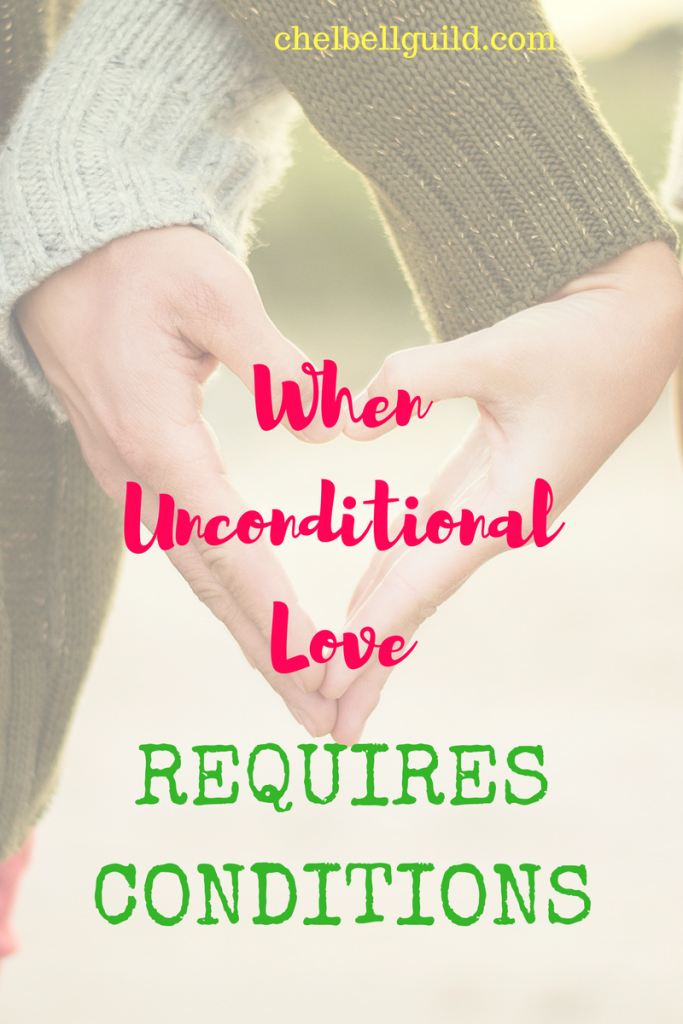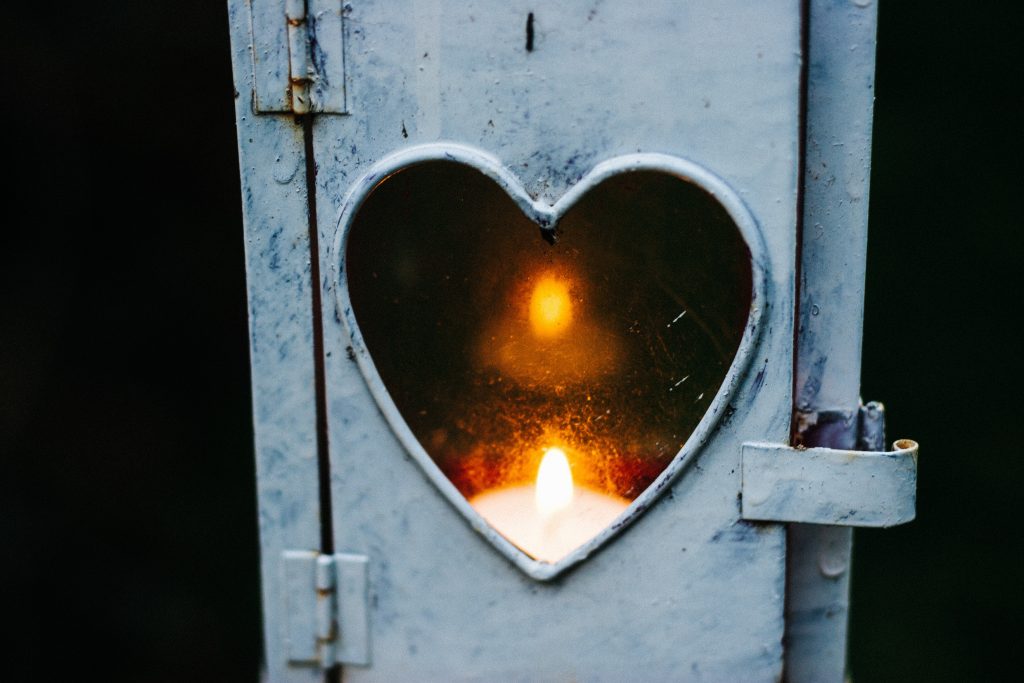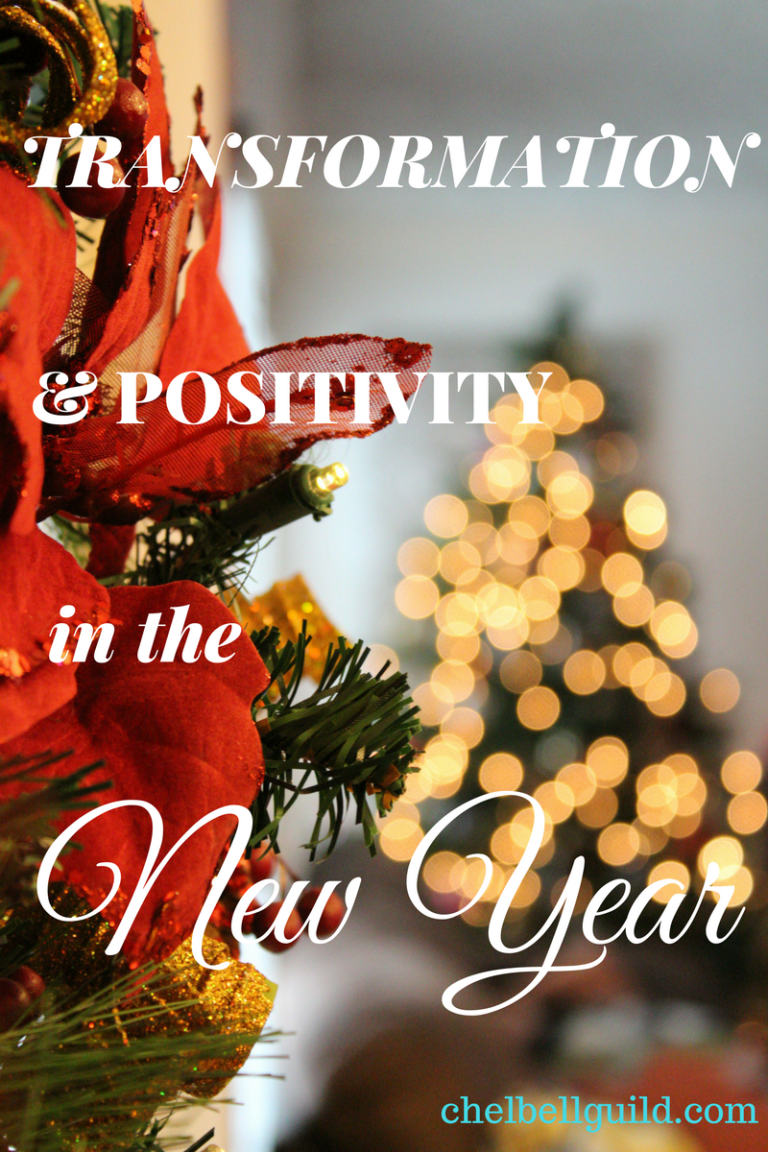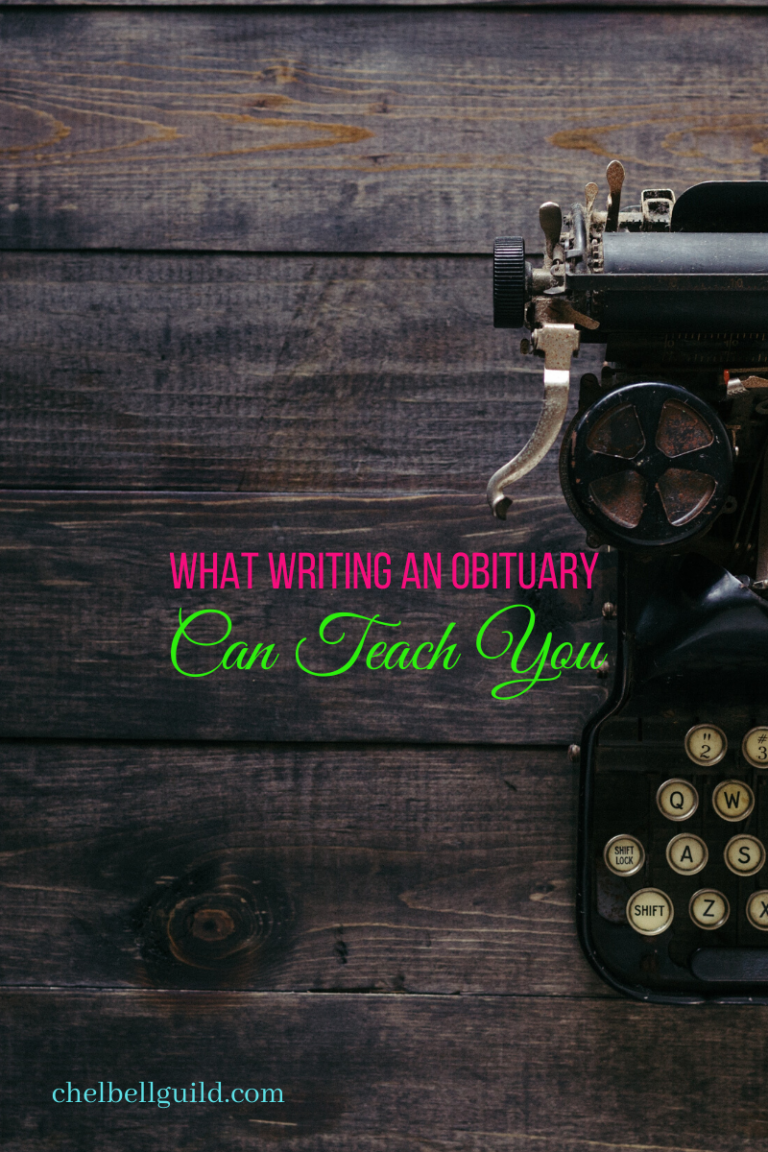When Unconditional Love Requires Conditions

Let’s talk about the toxic relationships in our lives. We’ve all got them, but “toxic” is subjective and varies from one relationship to the next. It can be someone who literally puts lives at risk, or it can be your passive aggressive coworker.
I’ve watched three generations of my family cycle through the effects of addiction and codependency, though it goes back many generations further. This should tell us that these patterns are hard to break, that if setting boundaries were easy, problematic reactions to the addict would stop at Generation One. I use this as a frame of reference, but really the need for boundaries expands to plenty of other relationships, too (anyone who is detrimental, but sober can be just as sick as an addict).
As ugly as it is, let’s be honest: these are conditions. I’m asserting here and now that we drop the often self-imposed guilt associated with the notion of unconditional love because sometimes love requires conditions.

I’ll use myself as an example. I had to draw a line in the sand with my now-adult daughter back when she was a teen living with her father. It felt like she was setting herself up for failure at every turn, and there was nothing I could do to stop her. There comes a point when losing sleep, making ourselves sick, and analyzing every angle repeatedly becomes worse than the reckless choices of the person in question. Guilt is the driving factor. We tell ourselves that if XYZ happens to this person, it will be our fault. Because we’re rational individuals, we know that we are responsible for our own actions and that they do affect the situation. We’ll say there must have been something we could have done to alter the outcome, but there are cases where no matter what we do, it won’t be good enough. When we find ourselves in a can’t-win situation, it’s important to consider the source. Likely our loved one is looking for someone to blame and will do so with or without our interference.
It’s at this point that we have to say in so many words, “I love you, but there are certain behaviors and choices that are intolerable.”
Self-preservation is not always selfish, since in order to have all of our faculties about us to make rational decisions in other areas of our lives, we have to establish boundaries to protect ourselves from people who would take advantage of us (financially, emotionally, and otherwise). Think of the oxygen mask on the airplane instructions: secure your mask before assisting others. When I was stressing non-stop over my daughter, for example, I couldn’t possibly be present for my son, my husband, or my business. Had I stressed to reach a goal, this would be a different discussion, but there was no end in sight. It’s also important that we show, rather than tell, the people in our lives what healthy love looks like, and what we will and will not settle for.

Let me be clear: Cutting someone off entirely is not usually the answer, and I’m not advocating callousness of any kind (though, be warned, the person on the receiving end will take any boundaries or conditions as cruelty). Expecting anyone to read our minds, whether it be our boss, our spouse, or a friend, is a sign that we are in need of some personal growth. Mature communication on our part and not bending to the other person’s will if it hurts us is key. While some people never fully correct their unhealthy habits, relationships do evolve over time.
Decide what it is that you need to do to give yourself a sense of security, instead of relying on someone who isn’t functioning at his or her highest ability to dictate how you feel. There’s no shame in recruiting a coach or therapist to help you navigate this sticky situation.
When was your moment of awakening from a problematic relationship? What helps you shape and enforce your boundaries? How do you ditch guilt over sticking to your guns?





There is a toxic cousin in our family. We have all cut ties with her, including her own children, except for one son. Even my aunt cut her out. She was making everyone’s lives miserable. Sometimes you just gotta step away.
I am a firm believer in cutting out all negativity in your life. If it doesn’t serve you, don’t serve it. There are definitely compromises in love but it shouldn’t be anything unreasonable.
Sadly I have had experience with this and unfortunately, it does not always relate to addiction either, it can just be a toxic personality or behaviour which in my instance has meant cutting someone off. It’s upsetting but at the same time, more damaging in the long run!
This is why I don’t speak to people like my mum. She was very toxic and negative and while not a bad person she would make me feel bad about myself and others. Like you said you don’t need that kind of toxicity in your life x
Reducing contact with a few toxic family members has completely re shaped my adult life. It’s hard at first, but I’m in a place where I can live a better life with my partner and children…so totally worth it, in my opinion.
I totally have a toxic relationship with my mom. The less we communicate the better I feel about my life. I’ve felt kind of wrong about this for most of my childhood, but lately came to realize that this relationship brings too much negativity in my life and if I can avoid those negative vibes affecting my own family, I will, even if that means an absolute minimum contact with my mom.
In my opinion you can only uncondinionally love your kids, since most likely they came to this world by your choice and nurturing them is more than important. Love for parents, spouse or friends definitely requires conditions!